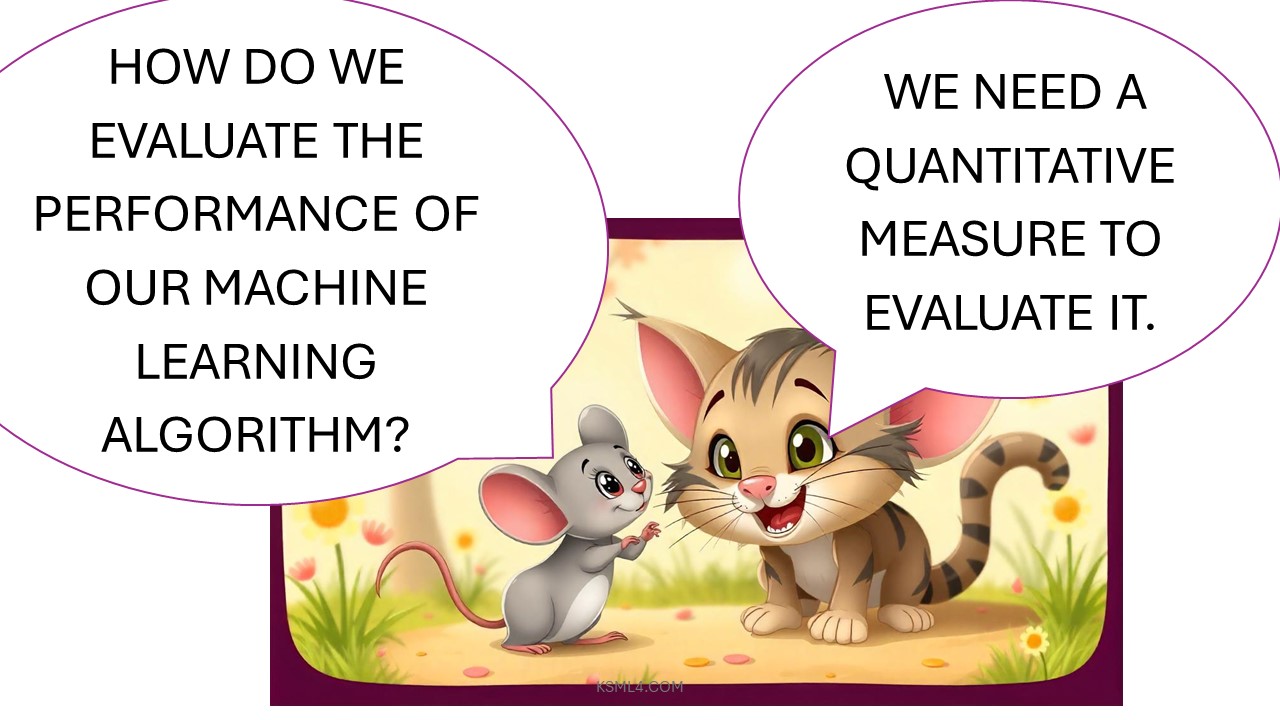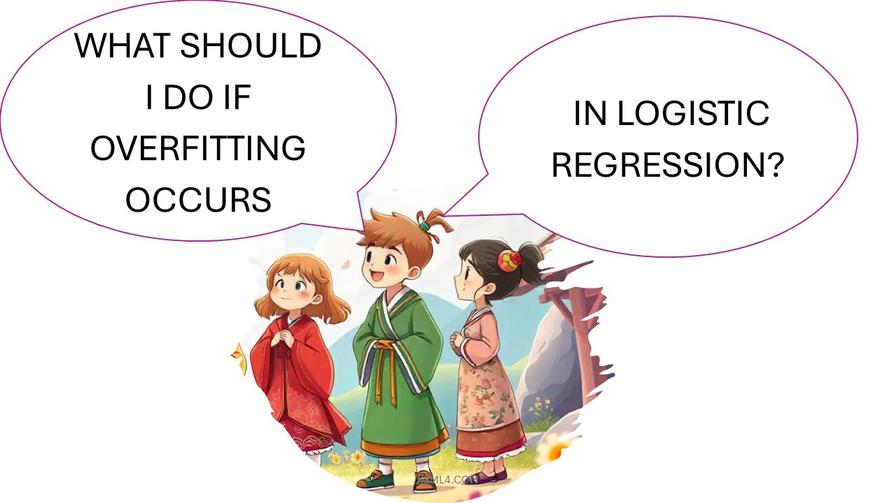MSE vs MAE as evaluation measure and loss function






Mean Squared Error (MSE) and Mean Absolute Error (MAE) are both commonly used evaluation metrics for regression models, but they serve different purposes. MSE calculates the average of the squared differences between predicted and actual values, giving more weight to larger errors and making it sensitive to outliers. It is useful when penalizing large errors is important. On the other hand, MAE computes the average of the absolute differences, treating all errors equally and providing a more robust measure when outliers are not as significant. In general, MSE emphasizes large deviations, while MAE gives a more straightforward interpretation of prediction accuracy.
Why MSE is a preferred loss function compared to MAE





MSE (Mean Squared Error) is often preferred over MAE (Mean Absolute Error) as a loss function in various machine learning models due to its specific characteristics. One key advantage is that MSE penalizes larger errors more heavily than smaller ones, which can be beneficial in certain scenarios where accurately predicting extreme values is crucial. Additionally, the differentiability of the squared term in MSE makes it more amenable to mathematical optimization, facilitating the process of finding the optimal model parameters. This can lead to more stable and reliable training processes, especially in complex models. Moreover, the squared nature of MSE gives it a stronger statistical interpretation, as it represents the variance of the errors. This can provide valuable insights into the distribution and magnitude of the prediction errors, aiding in the assessment of model performance and potential areas of improvement. These attributes collectively contribute to making MSE a preferred choice in many machine learning applications, highlighting its significance in the field of predictive modeling and data analysis.
RMSE as an evaluation measure



RMSE, or Root Mean Square Error, is the square root of MSE. It provides a measurement of the differences between values predicted by a model or an estimator and the actual observed values. Like MSE, the RMSE penalizes large errors more heavily.
Discover more from Science Comics
Subscribe to get the latest posts sent to your email.


